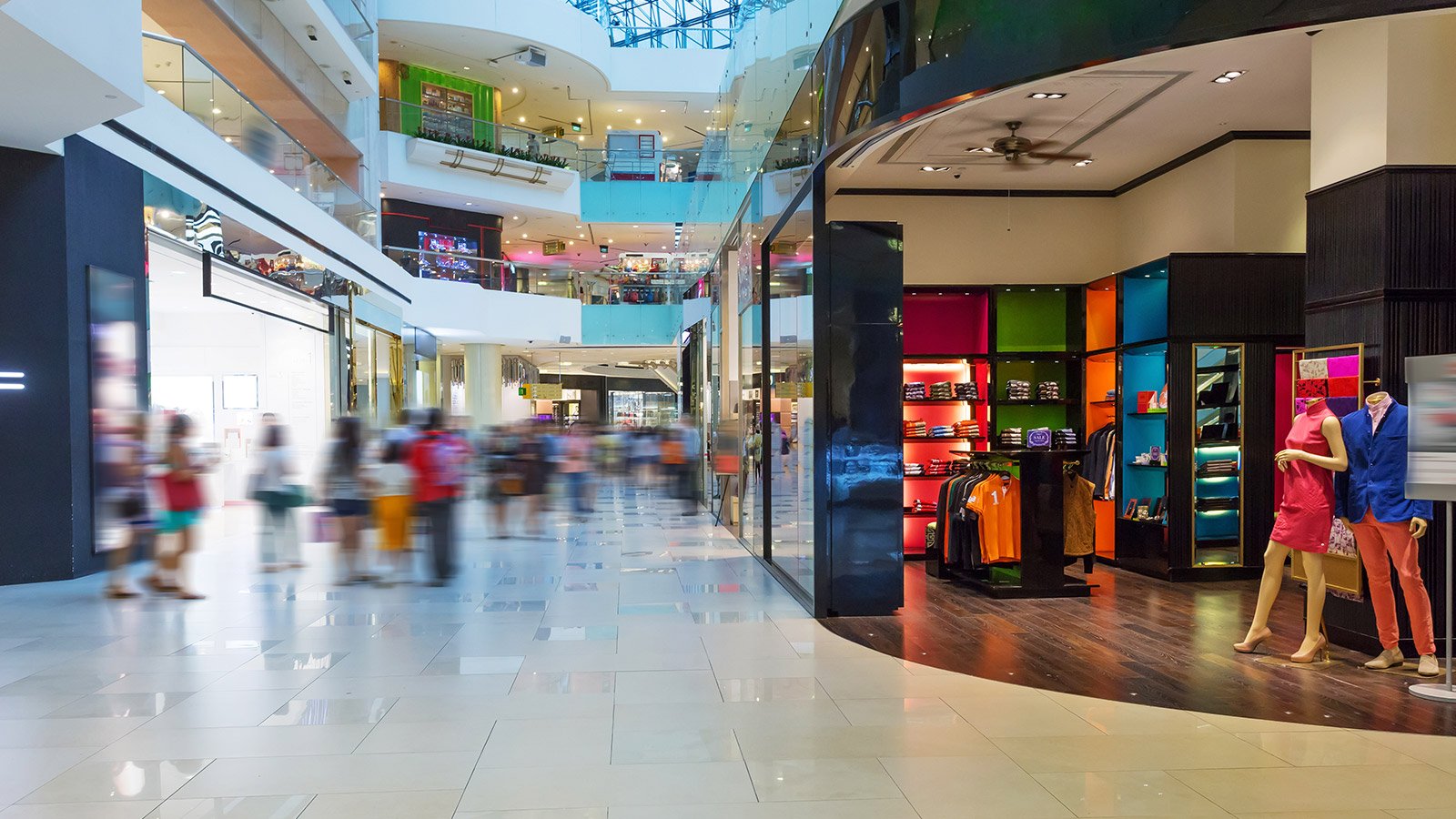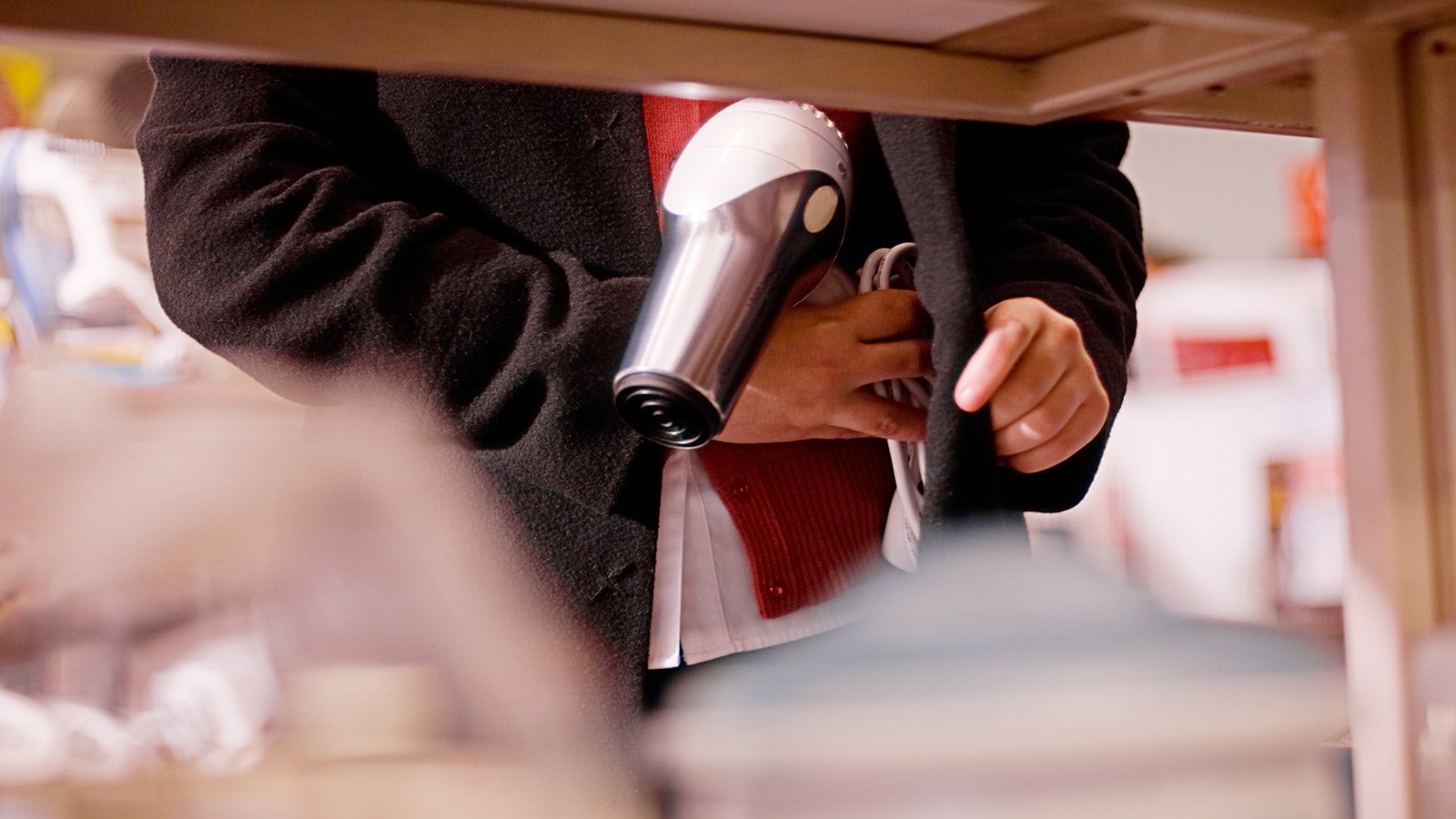How Civil Demand Influences Recidivism
Theft and fraud make it difficult for businesses to serve their communities. Recidivism—the inclination of a convicted criminal to reoffend—exacerbates this, and contributes to a less safe environment for everybody.
In addition to the criminal justice system, civil demand is another effective method for reducing repeat offenses.
What Is Civil Demand?
Civil demand refers to state statutes that empower companies, especially retailers, to pursue legal action against individuals for civil damages in cases of fraud or stolen goods. This enables businesses to recoup losses often above and beyond the costs of stolen merchandise and cover the costs of further protecting against perpetrators.
Civil recovery is the attendant legal process—based on tort law—to regain monetary damages resulting from a crime. This begins when a retailer issues a civil demand letter to an alleged perpetrator detailing the sum costs associated with damages experienced by the company.
What Is Recidivism?
While some people shoplift or commit fraud once and don’t do it again, others get stuck in a cycle of repeat offenses. Recidivism denotes when a person commits the same act even after they’ve experienced negative consequences from it or has largely changed their behavior, only to fall back into a bad way.
In the case of retail, this harms all involved.
Theft & Fraud Harm the Entire Community
Reducing recidivism not only benefits retailers, but also helps the larger community. Every time a fraudulent transaction or theft occurs in a store, it impacts the ability to operate, threatens the well-being of employees, undermines public integrity, and puts the offending party at risk.
Thefts create the potential for physical altercations between store employees and perpetrators. If these encounters escalate, more people can be injured. Plus, the frequency of fraud or theft creates an environment where members of the public feel less safe, worried about additional threats that may not have troubled them before.
Furthermore, if stores are severely affected by fraud and theft, they tend to go out of business or move out of the neighborhoods they were serving—forcing residents to travel further distances for needed goods and services, or going without them entirely. The combination of losses from theft and costs for preventing it become too much for them to stay in business.
While some instances are single offenses, those committing fraud also run the risk of becoming repeat offenders and, eventually, even become involved with organized retail crime—a growing concern nationwide.
Engaging in fraud or shoplifting doesn’t necessarily mean somebody will become further involved with other criminal activities, but it certainly doesn’t help. While a perpetrator may never get caught or face the consequences of their actions, such crimes affect everyone.
One hope is to minimize the amount of fraud and theft that occurs.
How Can Civil Demand Reduce Recidivism?
Criminal justice can’t always be relied on to reduce fraud or theft. Nor can it guarantee prevention of recidivism. Many offenders are either not reported (never added to the system) or moved quickly through the system. Cite and release without any meaningful consequences is too common.
Employing civil demand letters is one tool available to retailers hoping to curb recidivism. Receiving a hefty fine for damages against the retailer—which includes the value of the stolen merchandise plus costs associated with preventing further theft—can discourage repeat offenses.
We want to avoid this for all parties involved.
While not necessarily in the control of retailers, some jurisdictions have what are considered conditional cite and release programs, where perpetrators agree to pay associated penalties and complete educational programs within a given time period to avoid arrest or formal prosecution.
The recidivism rate for subjects who pay their civil recovery fine is 2.75 percent, according to a review of more than 1 million shoplifting records. That means civil recovery is an important means of abating the rising cost of pursuing shoplifters and dishonest employees, and it’s an essential component of loss prevention.
With an already strained criminal justice system in many jurisdictions, civil demand is another means of preserving public integrity and protecting the assets of local retailers. It reduces the number of people interacting with the criminal justice system, and keeps the community safer. Each additional retailer utilizing civil demand to reduce recidivism makes for a stronger industry and healthier retail community.
So, civil demand doesn’t only help businesses, but keeps surrounding neighborhoods safe and thriving.
The Zellman Group's risk-averse approach to Civil Recovery is led by our Chief Counsel Michael Ira Asen and our network of attorneys located throughout the U.S. and Canada. Our team of expert investigators and attorneys will gather all pertinent information needed for you to recover what you're owed.



